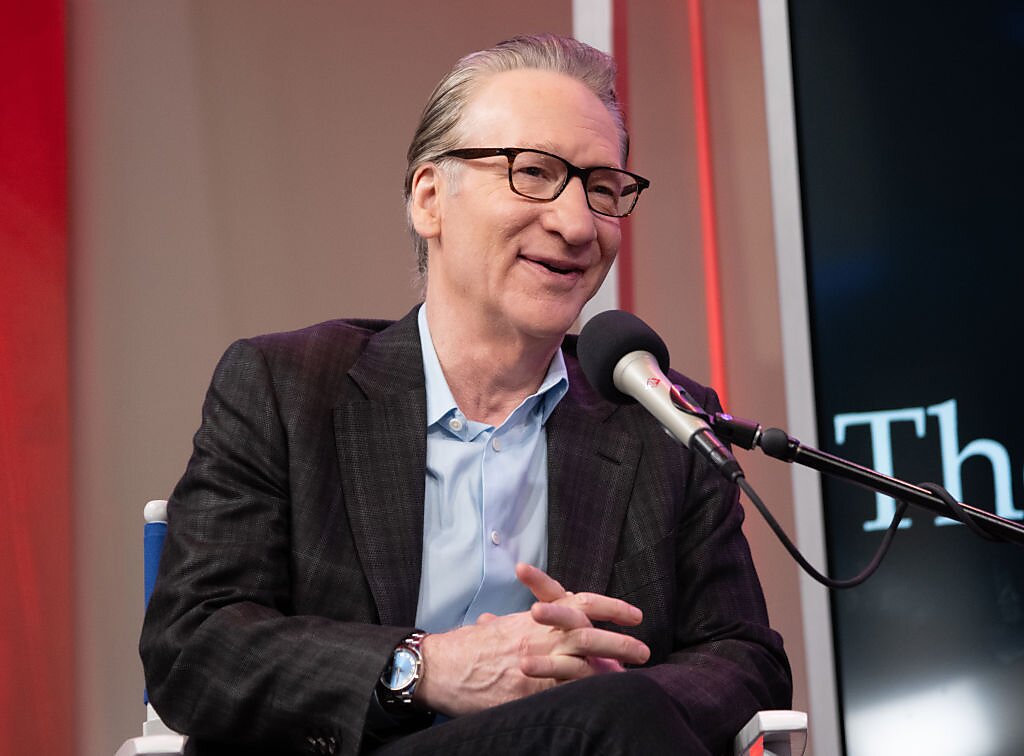Recently on Realtime with Bill Maher, the show’s host took a substantial amount of airtime to discuss his meeting with President Donald Trump, a meeting apparently brokered by the musician Kid Rock. Maher, who has not held back in criticizing the president, was pleased to announce that the meeting went well. President Trump, who also hasn’t minced words when talking about Maher, and has even sued him for defamation, accepted him with grace and good humor.
For this, Maher was pleasantly surprised. The meeting showed him a side of Trump he didn’t expect: a congenial and good-humored man who spoke in good faith. Though Maher insists that he “didn’t go MAGA” and will continue to criticize the president, the meeting gave him hope that common ground can be found. This event is a testimony to the power of civil discourse; it can bridge divides, innovate, and mitigate the demonization of perceived “others.” These are all things desperately needed in today’s America.
Talking is especially important in a free and pluralistic society in which varying viewpoints are not just present but encouraged. In a place where disagreement is all but inevitable, we would do well to find the best ways of dealing with that disagreement. Throughout history, such disagreements would have been dealt with using violence or some other form of coercion. Talking can help us evade such “solutions.” Talking is the glue that holds together civil society.
Maher’s relaying of his experience is a tacit endorsement of civil discourse. The point of civil discourse is not persuasion and deliberation alone. It is also about understanding. In Coming to Public Judgment: Making Democracy Work in a Complex World, social scientist Daniel Yankelovich defined civil discourse as “discourse that does not aim to insult or score points, but rather to understand the other’s reasoning and values, even while disagreeing.” Civil discourse can be a way to humanize people thought too inhuman to take seriously. The boogeyman becomes, simply, a man who disagrees with you.
Misunderstanding dissenters is a problem most people fail to memorize because they are so certain they already know the hearts and minds of sociopolitical opponents. This is why the philosopher I.A. Richards defines rhetoric—or the art of persuasion—as “the study of misunderstanding and its remedies.” Perhaps the most important common ground two people who disagree can have is the knowledge that they both are mere humans looking for answers.
According to Maher, the authentic conversation he had with a sociopolitical opponent was a far cry from his experience with Democrats, for whom he actually voted. Democrats, especially as one moves farther to the left of the political spectrum, often see talking with the enemy as taboo. This unwillingness to talk to detractors, according to Maher, is “emblematic of why the Democrats are so unpopular these days.”
Addressing this unwillingness to talk, Maher said during his monologue, “Don’t talk, as opposed to what? Writing the same editorial for the millionth time and making 25-hour speeches into the wind. Really, that’s what liberals have?” Apparently, yes, that is what liberals have.
Yet, many people on the left, and increasingly on the right, see talking as, at best, a waste of time and, at worst, a dignifying of another’s erroneous views. Why? They believe that platforming—giving a dissenter a voice—can only help that dissenter spread his or her bad ideas.
Also, there is a general belief that words can be a kind of violence tantamount to physical abuse. Others believe that debate is ineffective or counterproductive, sentiments reflected in the imperative, “Don’t feed the trolls.” One can infer that those who want to revolutionize society the most respect civil discourse the least. Talking is good for revision but detrimental to revolution. Humanizing those who embrace and benefit from the society one is trying to topple will only slow one’s progress toward that goal.
Fortunately, most Americans would choose revision or revolution. The politically exhausted among us can find some fresh air in the truths and sentiments exposed in good-faith conversation. At the very least, it can help us become better informed about certain issues and, again, stave off more violent solutions to problems. Politicians who see talking as a danger to themselves and their political agendas seem to neglect how not talking can present a danger to the nation as a whole.
Maher agreed to this meeting with Trump because, as he said, “there’s got to be something better than hurling insults from 3,000 miles away.” There is; Maher and Trump seemed to exemplify that together. If Bill Maher and Donald Trump can have a pleasant and generative conversation, maybe we all can.


